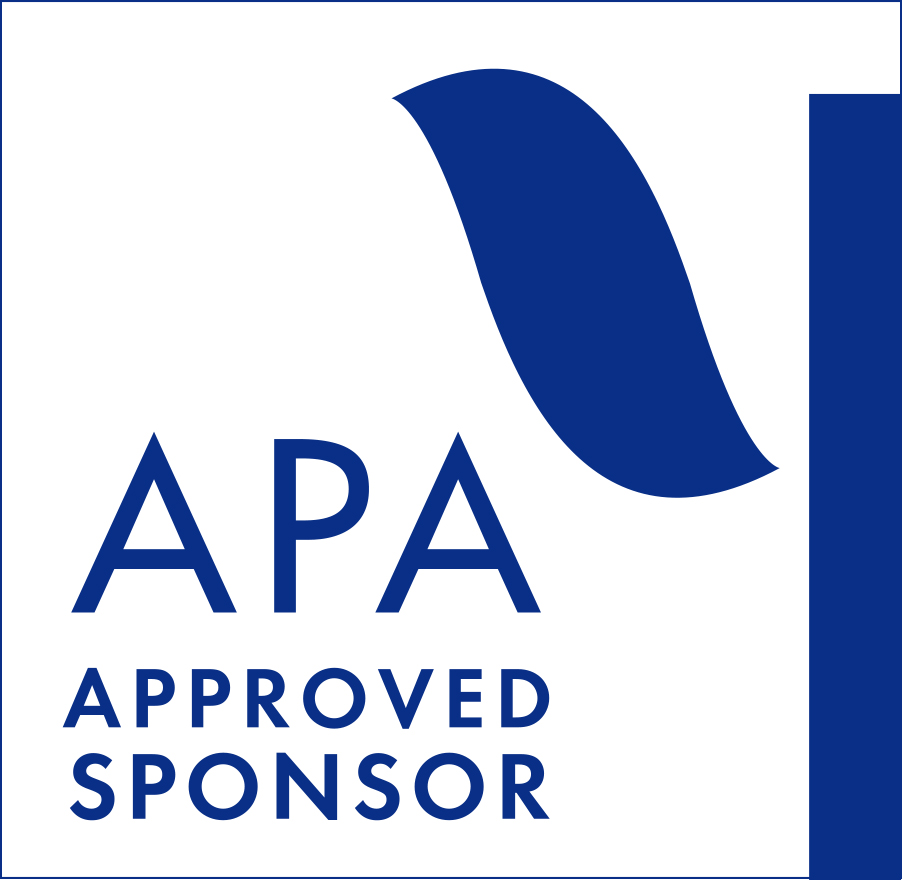Please Join us on Friday September 20th from 9am to 12:30 at Improv Asylum!
Refreshments and light breakfast will be served at 8:30 and program will begin at 9am
Members: $90
NonMembers: $125
Registration link included below and on the Website Events page
Improv Boston is located at 216 Hanover Street in Boston.
$3 Validated Parking is available at the Haymarket Garage
Program Description:
This interactive and participatory workshop will introduce participants to the basics of improv as well as how these basics are connected to the therapeutic process, polyvagal theory, and humanistic models of therapeutic change. Participants will learn about polyvagal theory and how trauma impacts different parts of the nervous system. Additionally, participants will explore how engaging the social engagement system, through improv, can be an effective way to promote safety and ventral vagal states necessary for trauma healing. Participants will learn specific improv techniques to promote trauma healing and ways to implement them for use in their therapy practices.
Instructor Bio:

Dr. Rey Junco is a trauma specialist and the Executive Director of Concord Counseling Associates in Concord, MA. Rey was trained as a scholar-practitioner and has been an academic most of his life, having held tenure at two institutions, a fellowship appointment for almost a decade at Harvard University, and a visiting faculty appointment at Oxford University. His research on the psychological impact of social technologies has been published in high impact factor journals and has been covered by media outlets such as The New York Times, The Atlantic, Time, CNN, and NPR. Rey has consulted for a number of technology companies helping them use data to support engaging aspects of their products. Additionally, Rey spent time in the corporate world, leading innovation for a healthcare research firm.
Rey trained in both the clinical and counseling psychology programs at Penn State University. He is trained in Eye Movement Desensitization and Reprocessing (EMDR), Accelerated Resolution Therapy (ART), and Cognitive Behavioral Therapy for Insomnia (CBT-I) along with talk therapy models such as psychodynamic, Internal Family Systems (IFS), and CBT. He studies improv at the Improv Asylum CoLab and is interested in how therapists can use improv to help support trauma healing.
Read more about Dr. Junco and Concord Counseling Associates here:
https://counselingconcord.com/
Learning Objectives
At the end of this workshop, the learner will be able to:
- Describe the key principle of improv, “yes, and”
- Describe how the social engagement system is related to trauma and how improv can help foster feelings of safety through engagement of this system.
- Identify how therapy and improv are connected with a focus on Rogerian/Humanistic theory.
- Demonstrate 2 improv games and identify how they would be useful in a therapeutic context.
References
DeMichele, M., & Kuenneke, S. (2021). Short-form, comedy improv affects the functional connectivity in the brain of adolescents with complex developmental trauma as measured by qEEG: A single group pilot study. NeuroRegulation, 8(1), 2-2.
Phillips Sheesley, A., Pfeffer, M., & Barish, B. (2016). Comedic Improv Therapy for the Treatment of Social Anxiety Disorder. Journal of Creativity in Mental Health, 11(2), 157–169. https://doi.org/10.1080/15401383.2016.1182880
Porges S. W. (2009). The polyvagal theory: new insights into adaptive reactions of the autonomic nervous system. Cleveland Clinic journal of medicine, 76 Suppl 2(Suppl 2), S86–S90. https://doi.org/10.3949/ccjm.76.s2.17
Porges, S. W. (2007). The polyvagal perspective. Biological psychology, 74(2), 116-143.
Schreyer, S. (2023). Promoting Psychophysiological Play. Journal of Consent-Based Performance, 2(1), 49-60.
Sugiyama, C., Koseki, S., Niikawa, Y., Ito, D., Takahashi, F., & Ishikawa, R. (2021). Applied improvisation enhances the effects of behavioral activation on symptoms of depression and PTSD in high school students affected by the Great East Japan Earthquake. Frontiers in Psychology, 12, 687906.
Accessibility Accommodations: Please reach out to Carla Rosinski at ppcsalem@gmail.com
Attendees will receive 3.5 CEs
The Private Practice Colloquium (PPC) is approved by the American Psychological Association to sponsor continuing education for psychologists. The PPC maintains responsibility for this program and its content. 
Each professional is responsible for the individual requirements as stipulated by their licensing agency. Please contact you individual licensing board /regulatory agency to review the continuing education requirements or license renewal.
**There are no conflicts or disclosures for this event**